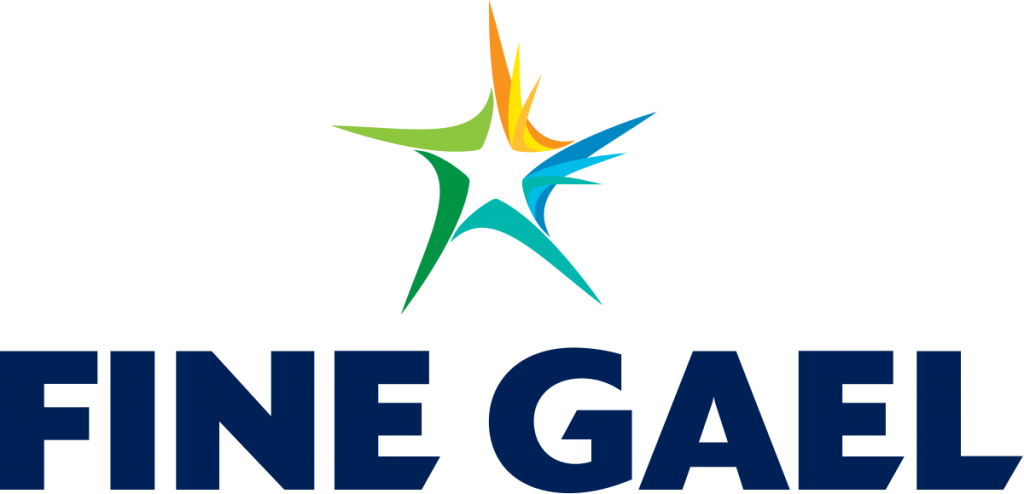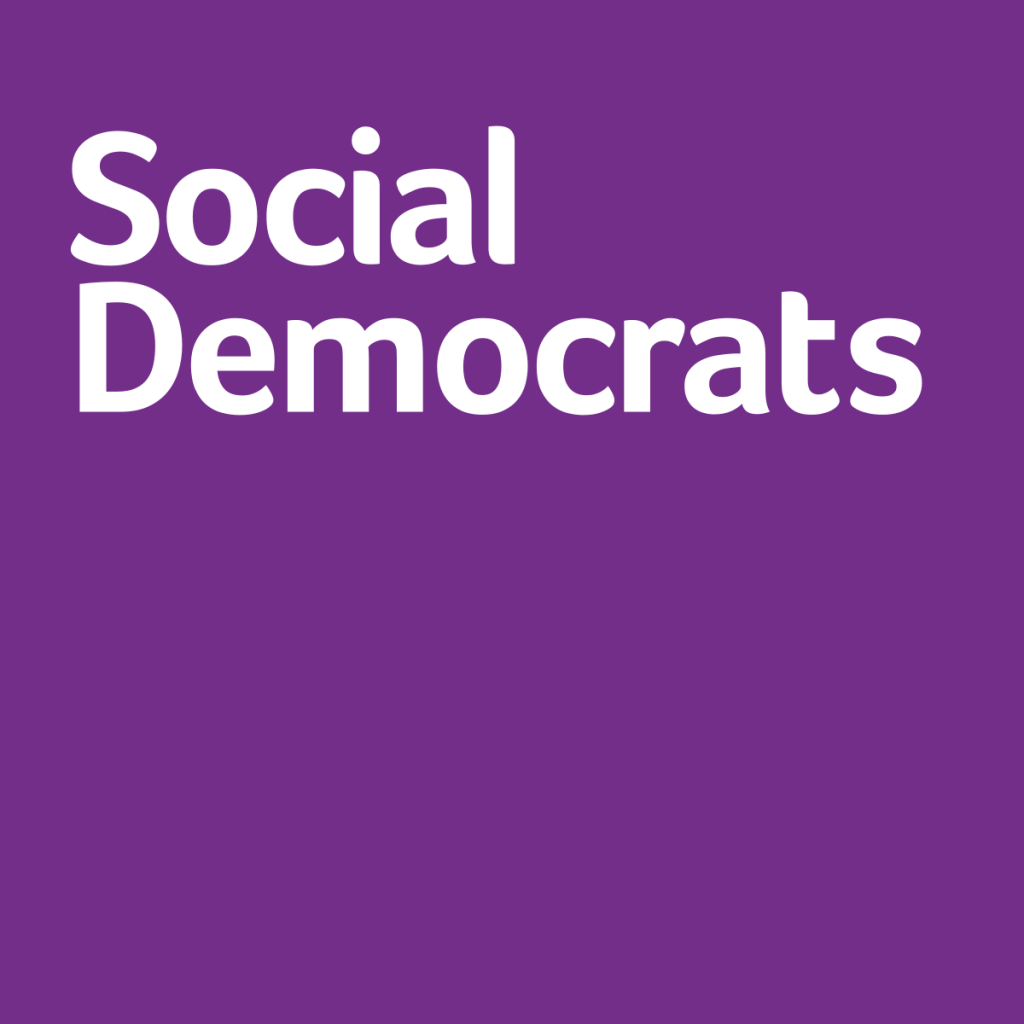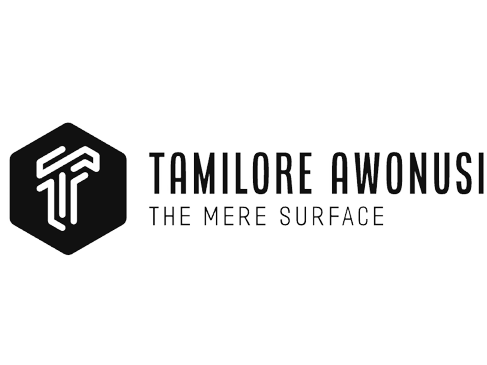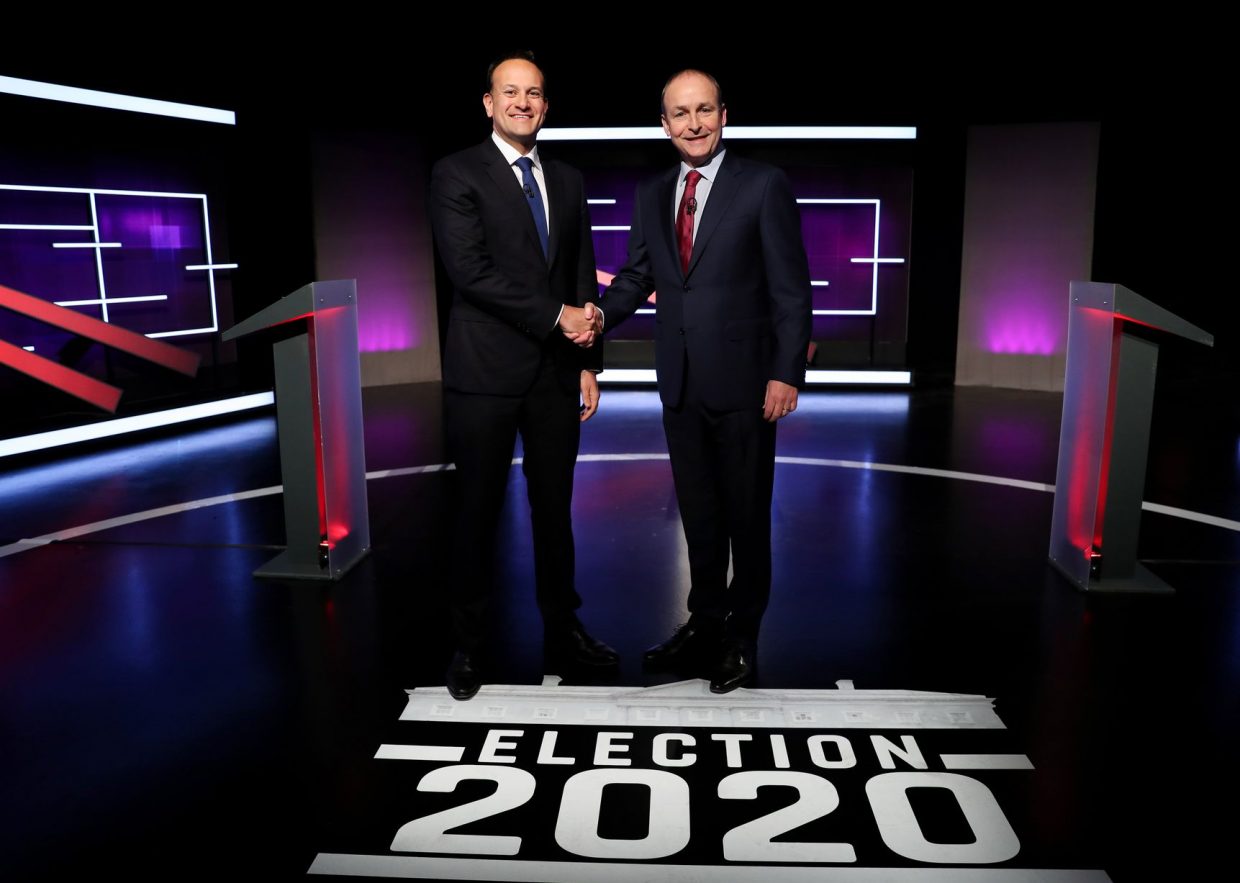“Who you voting for?”
“Did ya see what Leo said?!?”
“He’s not getting my bleedin vote.”
“I don’t trust them.”
A brief sample of the long list of things you’ve probably heard people saying since the Taoiseach dissolved parliament and called for a general election. This election will take place on Saturday the 8th of February and will be the first time an election has taken place on Saturday since Irish independence.
If I’m being honest Irish politics bores me and I find it to be quite lethargic. I’ve never really paid much attention to it and I’ve always found myself being more concerned about outside nations i.e France, UK, and America. Nevertheless, I have ended up being much more clued in with the state of our economy and our social standards over the last year. While our economy is at the strongest it has been in a while, our social standards together with the standard of living are falling behind and this is all attributed to the forces we have in power at the moment.
With over 10,000 people living out on the streets, 550,000 people on waiting lists for appointments and the pension age rising every year, we’ve begun to trail our European counterparts on many fronts. This election will be the decider on how far we’ll fall behind.
We’ve had a lot of hot takes on Irish political parties, but at the end of the day, it’s your vote and your decision who you feel has the best vision for the nation. Still, I want to make it easier for you. This article will go through the manifesto of the main parties and you can decide if their agenda aligns with yours. It’s important to note that these are not complete summaries, but only an indication of what the parties seem to believe is most important.
Fianna Fáil
“An Ireland for all”

Fianna Fail has set out four issues within the current system that they believe to be the most paramount.
Jobs / National Finance
Fianna Fáil aims to achieve this by changing the tax structure. Their manifesto states that they will reduce capital gains tax (tax paid on assets like stocks or real estate) to as low as 25%. They also seek to reduce childcare costs in multiple ways, one is launching a new childcare tax credit to reduce registered childminder costs.
Housing
With the Irish housing market being one of the most focal points for every campaign. Fianna Fáil has pledged to build 200,000 homes up to 2025, of which 50,000 will be affordable homes priced below €250,000. They will also establish a new €168m “Preventing Homelessness” fighting fund.
Healthcare
Fianna Fáil seeks to reduce the monthly Drug Payment Scheme threshold to €100 per month. They claim they’ll lower treatment and Emergency Department waiting times and completely abolish prescription charges.
Climate Change
Establish a National Infrastructure Commission for 30-year decarbonization planning while also creating a new Biodiversity Fund to protect species.
Sinn Féin
“Giving workers and families a break”

The dark horse in this upcoming election. Many are surprised by the soaring amount of support they are receiving and come election day we may even see a big upset.
Income and Employment
Sinn Féin has already made noise in this discussion by stating to abolish USC for those earning under €30,000. A huge decision as it will cost the Irish economy €1.2 billion per year. They will also look to abolish Property Tax, saving families an average of €244 a year. They also claim they will end third-level fees for students.
Housing
One of Sinn Féin’s biggest talking points. They have expressed their interest in holding a referendum to enshrine the right to housing in the constitution. They have also pledged to build 100,000 social homes.
Healthcare
Sinn Féin’s manifesto states to hire in 2,500 more nurses and midwives, and 1,000 more doctors and consultants, at a cost of €358m, while also bringing 1,500 more beds at a cost of €480m annually and €1 billion in the capital.
Climate Change
Sinn Féin hasn’t been very vocal on this front. The party still doesn’t believe in increasing carbon emissions tax. They will introduce a total ban on fracking across the island of Ireland, including exploratory drilling, and a ban on the importation of fracked gas.
Fine Gael
“A future to look forward to”

Much like Fianna Fáil, Fine Gaels manifesto is centered on four main matters they deem most critical to Irish citizens.
Brexit and Jobs
With the United kingdom officially leaving the EU a week ago, Fine Gael have stated to negotiate a free trade agreement between the EU, including Ireland, and the United Kingdom that protects Irish jobs, businesses, rural and coastal communities, and the economy. The Taoiseach has also strengthened this claim by stating to increase infrastructure investment to €11 billion by 2025 and introduce 200,000 jobs.
Housing and Families
Much like their counterparts, Fine Gael guarantee to build 25,000 homes in 2020, 50% less than Fianna Fáil. They also plan on building 12,000 social homes every year of their term. They also hope to introduce free GP appointments for those under 18.
Healthcare
A key aspect in which Fine Gael also wishes to tackle is the current healthcare system. They’re looking to improve hospital and community care with an additional 2,600 hospital beds, 80 additional primary care centers and three new elective hospitals in Cork, Dublin, and Galway to tackle waiting lists.
Climate Change
Fine Gael’s manifesto signals a strong intent to tackle climate change. They anticipate moving to 70% renewable electricity by 2030 and banning single-use plastics completely.
The Green Party
“Towards 2030 – A Decade of Change”

Unsurprisingly, the Green Party’s priority is rapid and ambitious climate action. They also discuss solving the housing crisis, with a focus on providing high-quality green housing.
Climate Change
The Green Party has pledged to end the oil and gas exploration and extraction in Irish territory and “future proof” Ireland’s energy needs by massively investing in offshore wind. They also want to establish a Just Transition Commission to ensure a fair transition to a low carbon economy, bringing trade unions, communities and businesses together to tackle the problem. To address the concerns the agricultural community might have with their environmental policies, the Greens say they will reward farmers for sequestering carbon, restoring nature, and producing clean energy, through a reformed Common Agricultural Policy.
Public Transport
To reduce emissions and provide better air quality, the Green party are suggesting the transport budget be reallocated to double investment in public transport and set aside 10% of funds to cycling and 10% of funds to walking.
Housing
In their manifesto, they reference a cost-rental model to provide affordable social homes and the introduction of a site value tax, which taxes the market value of owned land, not the property built on that land. This is intended to disincentivise land hoarding. They also want to provide financial support for widespread deep retrofitting of homes and other buildings across the country, to make them more efficient and cheaper to heat.
Labour
“Building an equal society”

The party of James Connolly significantly suffered from its last time in government. Many of their policies this time round are indistinguishable from the other left of center parties, although their emphasis on job security does stand out.
Housing
The Labour Party have several proposals around housing, including introducing a nationwide rent freeze, bringing in rent caps, and the implementation of a Housing First policy to address homelessness. They’re manifesto states they want 80,000 homes built on public lands over the next five years.
Healthcare
Healthcare once again features as the main priority, with Labour planning to redirect funding to primary care centers, increasing funding for home help and respite care, and extending free-of-charge GP care to all under-18s. They have signed onto the Sláintecare plan, like every other party.
Job Security
True to their roots, Labour has several policies in their manifesto that will improve conditions for workings, including increasing the minimum wage to a living wage (the wage required to pay for life’s necessities like food and rent) and the right for all workers to join a trade union.
Social Democrats
“Invest in better”

In many ways, the Social Democrats have similar priorities to Labour, the Greens, and Sinn Féin. They frame their electoral aims around investing in public services.
Health care
The Sláintecare report, agreed upon by all the parties in 2017 as the path forward for Irish healthcare, was based on proposals from the Social Democrats. It outlines a plan to develop a national public health service available to everyone. The Social Democrats state in their manifesto that Sláintecare will mean free health services in communities, quicker access to public hospitals, more healthcare workers, and community care teams for older people and those with mental health needs.
Housing
Similar to Labour and Sinn Féin, the Social Democrats have a strong policy on housing, but it’s hard to find differences between each party. The Soc Dems plans include 100,000 homes next five years, a rent freeze, measures to stop land hoarding, and the use of the Housing First strategy.
Solidarity – People Before Profit
“Socialism for the 21st century”

The alliance between Solidarity and People Before Profit is the furthest left-wing set of policies on offer. While their language and framing are often radical, once again, on housing, their policies are similar to the other left parties. Their tax policies are notable, while they are almost as strong on climate action as the Green Party.
Tax and Work
As we would expect, People Before Profit have plans to reduce taxes on lower-income earners and radically increase them on the wealthy and corporations. Their proposals here include abolishing the USC for those earning less than €90,000 a year, compensating for this by introducing a 2% tax on assets worth more than €1m, bringing in a standard 12.5% corporate tax rate and collecting the €14bn in taxes the EU ruled Apple owes the Irish state. They also advocate restoring pension age to 65 and increasing the State pension to €260 a week, while also raising the minimum wage and introducing the right to four extra holidays a year.
Housing
We’ve heard this before (not to blame Solidarity-PBP, just to point out the similarity between the left-wing housing policies). 100,000 social homes over the next five years, a nationwide rent freeze, and a referendum to have housing as a human right, among other familiar ideas.
Climate Change
To address the climate crisis, Solidarity-PBP are proposing free public transport for all, outright bans on further fossil fuel exploration in Ireland, and creating publicly owned companies to manage solar and offshore wind generation.
All in all, I believe each party has its priorities straight and have successfully aligned their goals with that of the crowd. Whether or not their claims are sincere, we will just have to wait and see. But for now, I do encourage everyone to get out and vote, this election will truly determine whether or not the country will continue to prosper or begin its decline.

